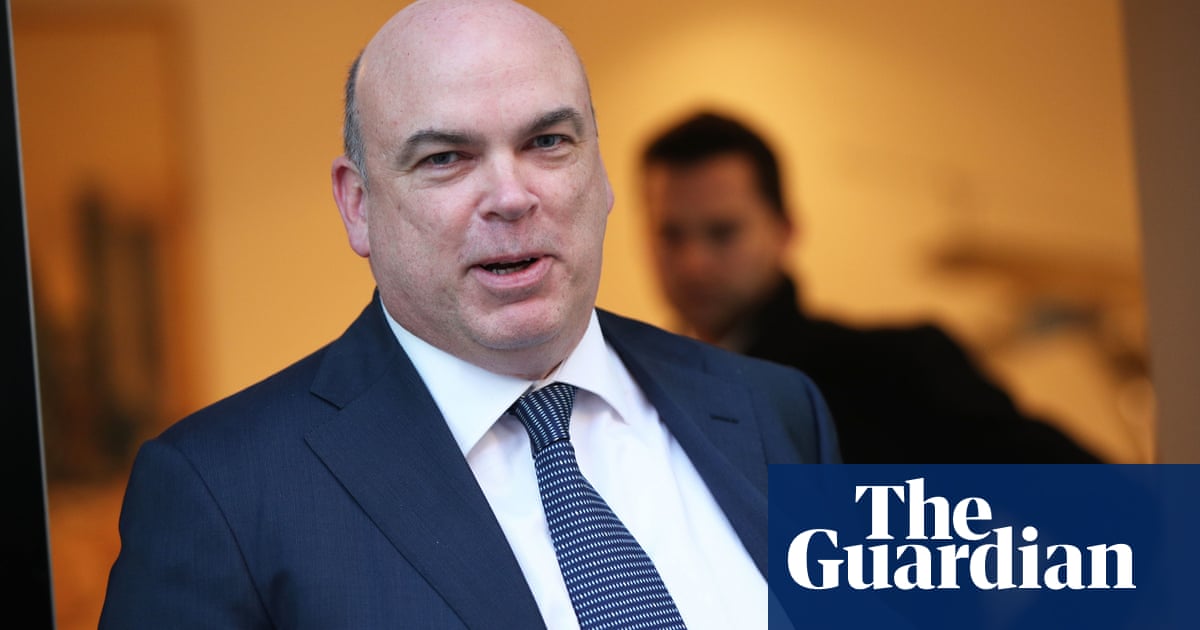Tech
Who is Mike Lynch, the UK tech boss missing in superyacht sinking?

Mike Lynch, the software millionaire missing after the sinking of a superyacht off the coast of Sicily, is one of the few examples of a UK entrepreneur to create a global technology company.
That fact led to seemingly obligatory descriptions of him as “Britain’s Bill Gates” but, in truth, his story differs hugely from that of the Microsoft founder.
Less than three months ago, the 59-year-old was cleared of 15 counts of fraud he had faced in the US over the $11.1bn purchase of his company, Autonomy, by the Silicon Valley giant Hewlett-Packard in 2011, a case he feared would end with him dying in prison because of a lung condition.
“I have various medical things that would have made it very difficult to survive”, Lynch told the Sunday Times last month. “If this had gone the wrong way, it would have been the end of life as I have known it in any sense.”
Born in Ireland, Lynch was raised near Chelmsford in Essex, where his mother was a nurse and his father a firefighter.
He studied physics, mathematics and biochemistry at Cambridge University, eventually specialising in adaptive pattern recognition. His doctoral thesis is reportedly one of the most widely read pieces of research in the university library.
After launching a few early technology start-ups – including one that specialised in automatic number-plate, fingerprint and facial recognition software for the police – he created Autonomy in 1996.
Its software was used by companies to analyse huge caches of data and partly owed its efficacy to Bayesian inference, a statistical theory devised by the 18th-century statistician, philosopher and Presbyterian minister Thomas Bayes.
The superyacht that sank off Sicily during a violent storm in the early hours of Monday was called Bayesian.
Autonomy was an almost immediate business success. The company floated in Brussels in 1998, and rapid growth coupled with the dotcom boom would lead to a move to the London Stock Exchange, where Autonomy joined the FTSE 100 of top UK-listed companies.
after newsletter promotion
However, while Lynch’s creation impressed HP enough to pay more than $11bn for the company in 2011, it only took a year for the US computing giant to take an $8.8bn writedown on its acquisition, saying that it had discovered “serious accounting improprieties” at the UK company.
Lynch had effectively been involved in defending his reputation ever since.









